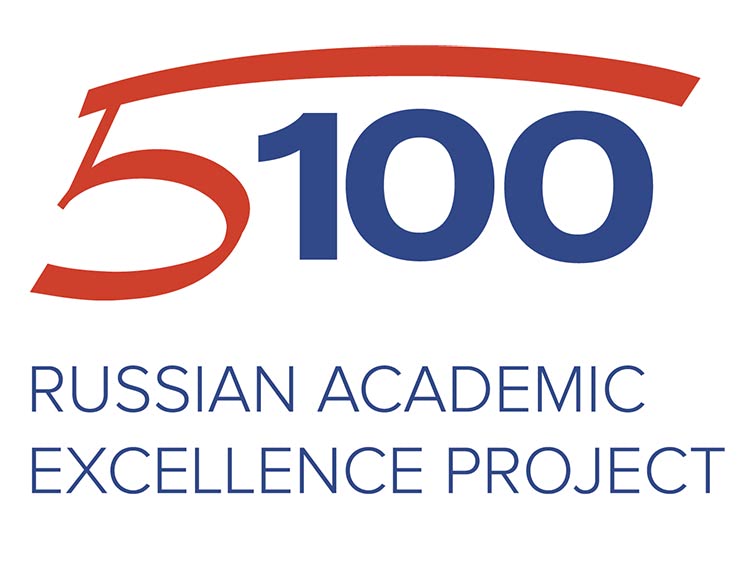Young Professionals Federal Project seeks to boost global competitiveness of Russia’s professional education

Prime Minister Dmitry Medvedev has visited the exhibition stand set up by the Russian Ministry of Science and Higher Education at this year’s Moscow International Education Fair to present Project 5-100, which serves as one of a major vehicles to make leading Russian universities more competitive globally.
Mikhail Kotyukov, the Minister of Science and Higher Education, and Andrei Volkov, Deputy Chairman of the The Council on Competitiveness Enhancement of Leading Russian Universities among Global Research and Education Centers and an academic policy adviser to the Moscow School of Management SKOLKOVO, updated Dmitry Medvedev on the performance of Project 5-100 and spoke about plans and prospects for fostering R&D activities at this country’s top higher education institutions.
Talk focused on ways of engaging universities in the pursuit of key national objectives and on the future of Project 5-100.
Other topics that came up for discussion included facilitating the issuance of visas to international students and professors, improving the quality of educational programs and exporting Russian education.
Dmitry Medvedev confirmed plans to expand Project 5-100. In accordance with the Young Professionals Federal Project that seeks to boost the global competitiveness of Russia’s professional education, a new competition will be held in 2020 to select universities that will receive state support to improve their standing relative to the world’s other leading higher education and research institutions.
Proposals for conducting the competition will be drawn up before long, Mikhail Kotyukov said. In 2020, changes will be made to laws and regulations that govern the provision of such support, including applicant selection criteria. Following this, at least 30 universities will receive government aid towards implementing their roadmaps, newly drafted or revised in line with Russia’s national goals through 2024.
The minister also made it clear that leading universities were already actively involved in the collective effort to achieve national goals and stood ready to lend scientific and intellectual assistance to a wide range of national projects and development programs in addition to training high-quality professionals.
According to Mikhail Kotyukov, one government initiative that has made it possible for the universities to start contributing so early towards attaining the national projects’ main objectives is Project 5-100. Launched in 2013, it has given an extra impetus to their development. The 21 universities from Kaliningrad to Vladivostok that are enrolled in the project have made progress in improving the quality of their educational products, entering the global education market and building up their R&D capabilities to lay the foundations for a scientific and technological breakthrough.
At the ministerial exhibition stand, they presented a number of their S&T endeavors, some of them pursued as part of the national projects for the development of science, education, healthcare and a digital economy.











Responses